| Tuesday, November 16, 2021 | |
SESSION 1: INNOVATIONS FUELING DIGITAL TRANSFORMATION |
|
| 10:00 | Opening remarks by Laith Altimime, President, SEMI Europe |
| 10:10 | Welcome note by Ajit Manocha, President and CEO, SEMI |
| 10:20 | Thomas Skordas, Acting Deputy Director-General, European Commission |
| 10:40 | The Power of Deeptech: A Tale of Bits, Molecules and Ecosystems |
Luc Van den hove, President & CEO, imec The Power of Deeptech: A Tale of Bits, Molecules and Ecosystems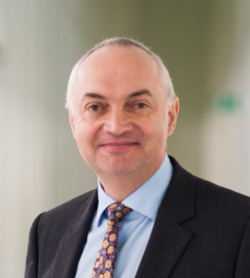
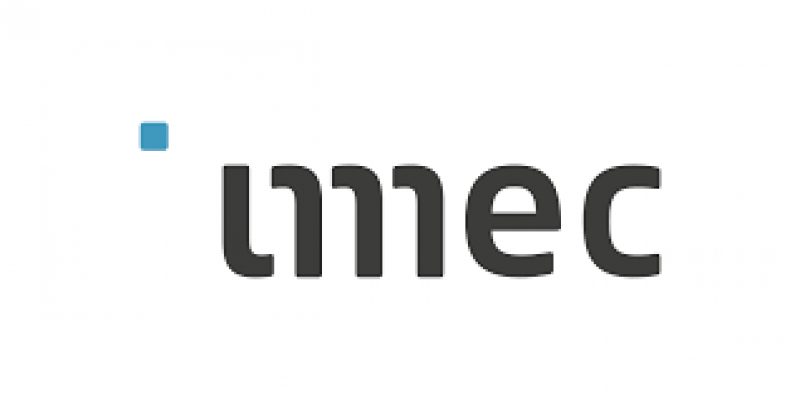 Abstract Biography |
|
| 11:00 | Sebastien Dauvé, CEO, CEA-Leti |
| 11:20 | Christoph Kutter, Director, Fraunhofer EMFT |
SESSION 2: CREATING A SUSTAINABLE, CONNECTED, DIGITAL FUTURE |
|
| 11:40 | Digitize the Future |
Maria Marced, President, TSMC Europe BV Digitize the Future
 Abstract Biography |
|
| 12:00 | Accelerating the Secure Intelligent Edge |
Lars Reger, Chief Technology Officer, NXP Semiconductors Accelerating the Secure Intelligent Edge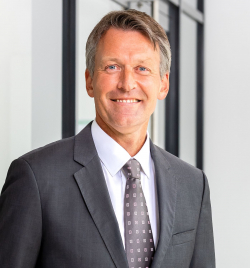
 Abstract Biography |
|
| 12:20 | Sustainability of the Semiconductor Industry |
Kate Wilson, President, Edwards Semiconductor Sustainability of the Semiconductor Industry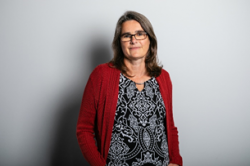
 Abstract Biography |
|
| 12:40 | Merck's Sustainability Strategy and our expectation to European Legislation |
Petra Wicklandt, Senior Vice President, Head of Corporate Sustainability, Quality and Trade Compliance, Merck KGaA Merck's Sustainability Strategy and our expectation to European Legislation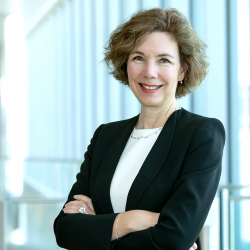
 Abstract Biography |
|
| 13:00 | Lunch break |
SESSION 3: ENABLING EUROPEAN MANUFACTURING LEADERSHIP |
|
| 13:40 | Holistic AIoT in automotive semiconductor value stream |
Patrick Leinenbach, Senior VP of Automotive Electronics, Robert Bosch GmbH Holistic AIoT in automotive semiconductor value stream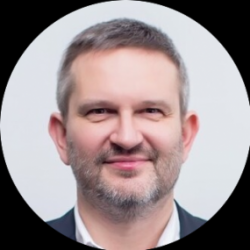
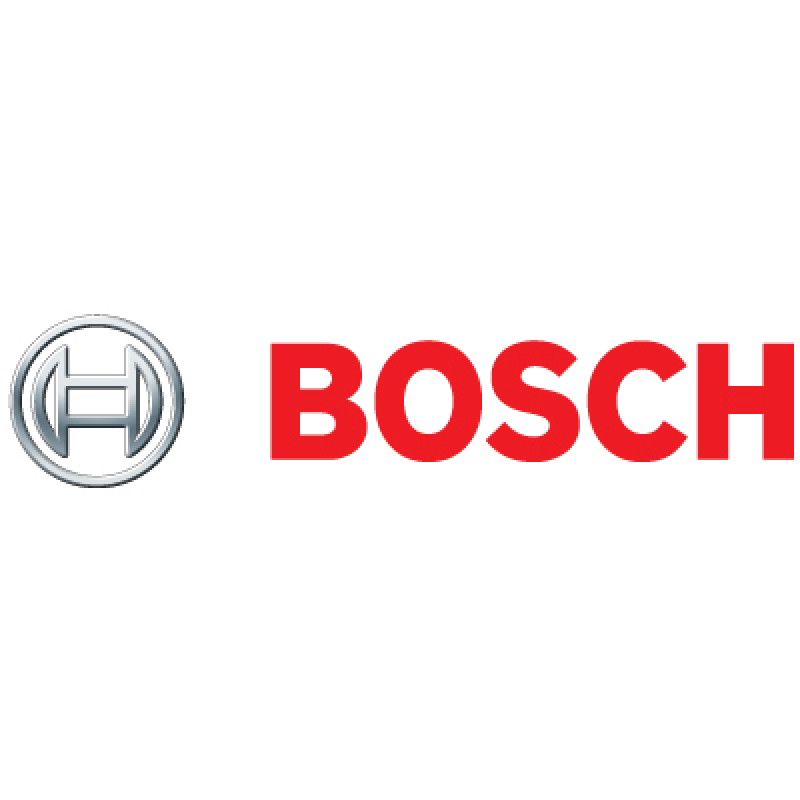 Abstract Biography |
|
| 14:00 | Challenges and Opportunities in Semiconductor Packaging |
Oreste Donzella, Executive Vice President, KLA Corporation Challenges and Opportunities in Semiconductor Packaging
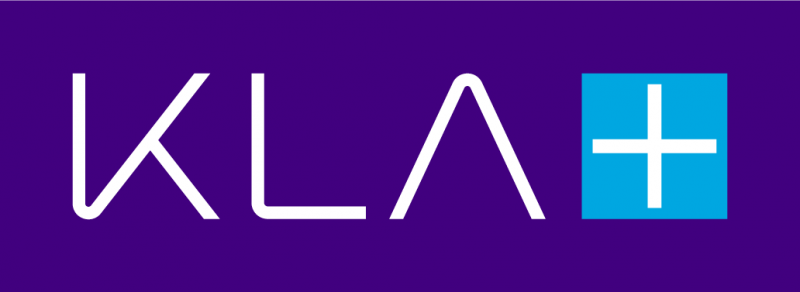 Abstract Biography |
|
| 14:20 | At the crossroad: Strategic considerations for chip manufacturing |
Sabine Herlitschka, CEO and CTO Infineon Technologies Austria AG, Infineon Technologies Austria AG At the crossroad: Strategic considerations for chip manufacturing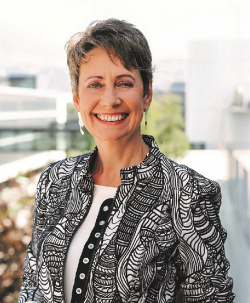
 Abstract Biography |
|
| 14:40 | Dr. Ann B. Kelleher, Senior VP, Intel |
SESSION 4: EMPOWERING NEXT GENERATION APPLICATIONS |
|
| 15:01 | Coming soon |
Ronald Dekker, Principal Scientist, Philips Coming soon
 Abstract Biography |
|
| 15:20 | Samsung Foundry - Adding One More Dimension |
Axel Fischer, VP Foundry Business EMEA, Samsung Semiconductor Europe GmbH Samsung Foundry - Adding One More Dimension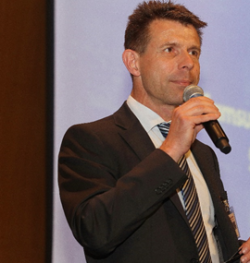
 Abstract Biography |
|
| 15:40 | Berthold Hellenthal, Head of Computing Platform and Semiconductors, CARIAD |